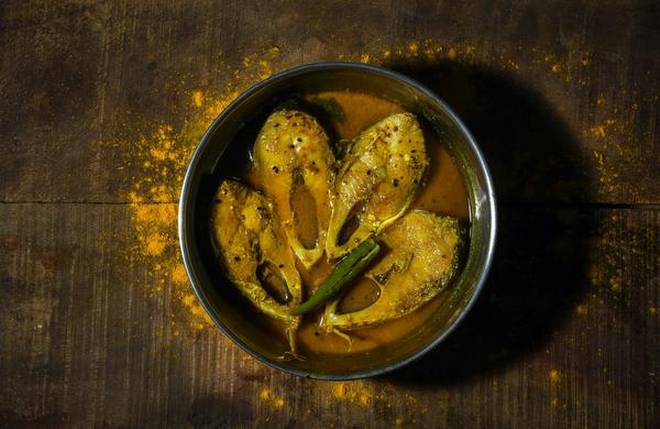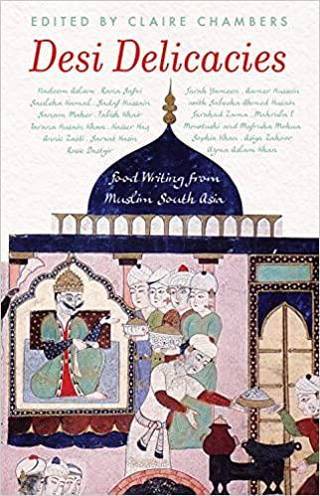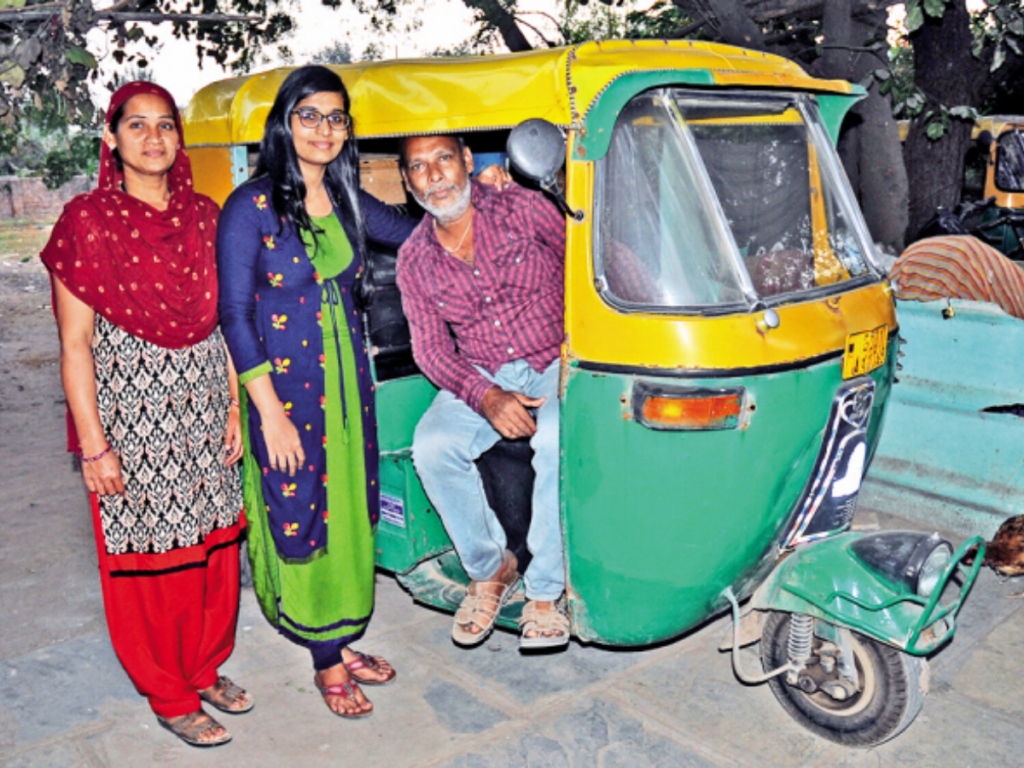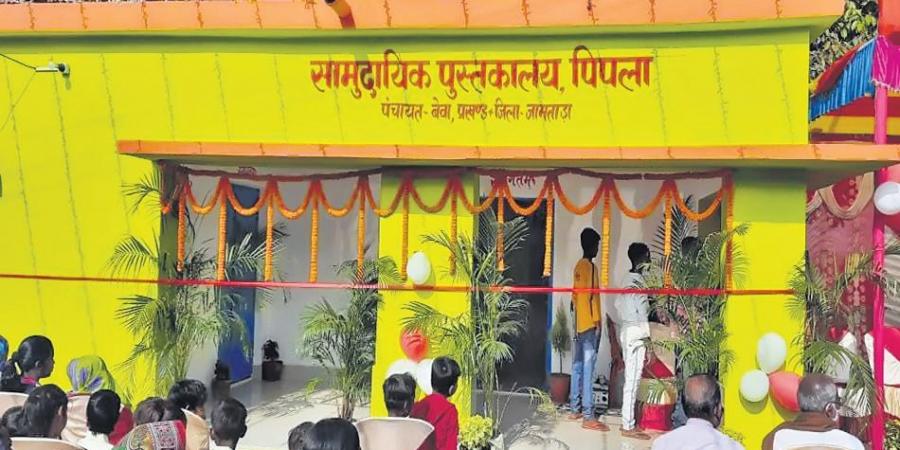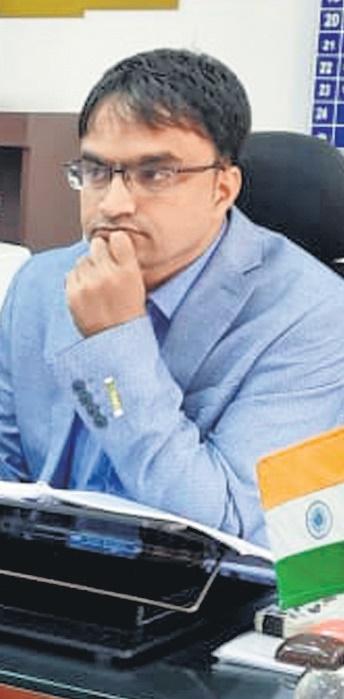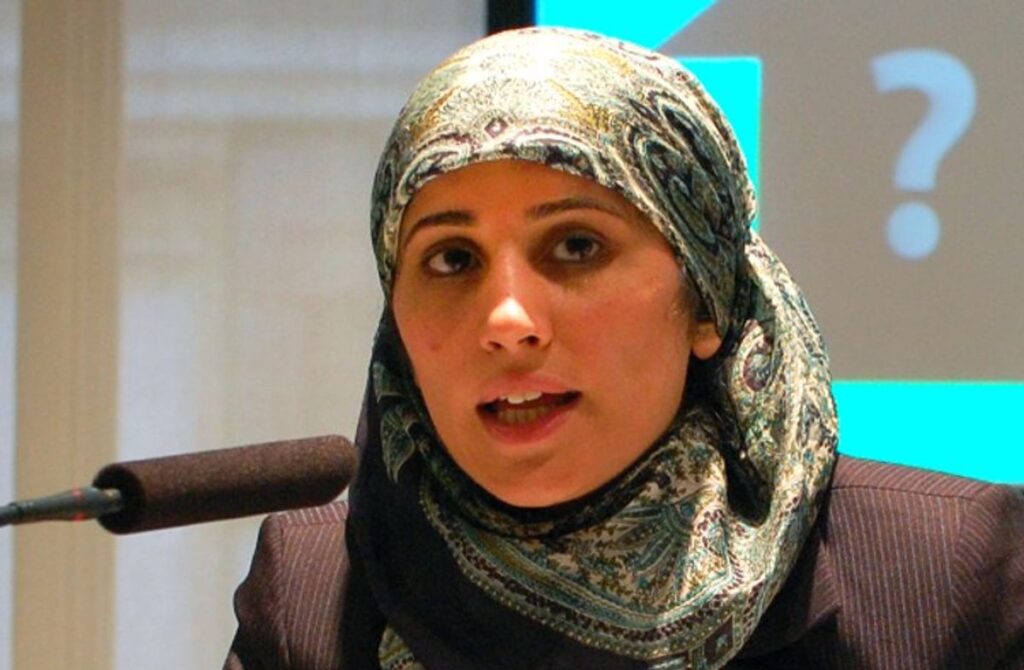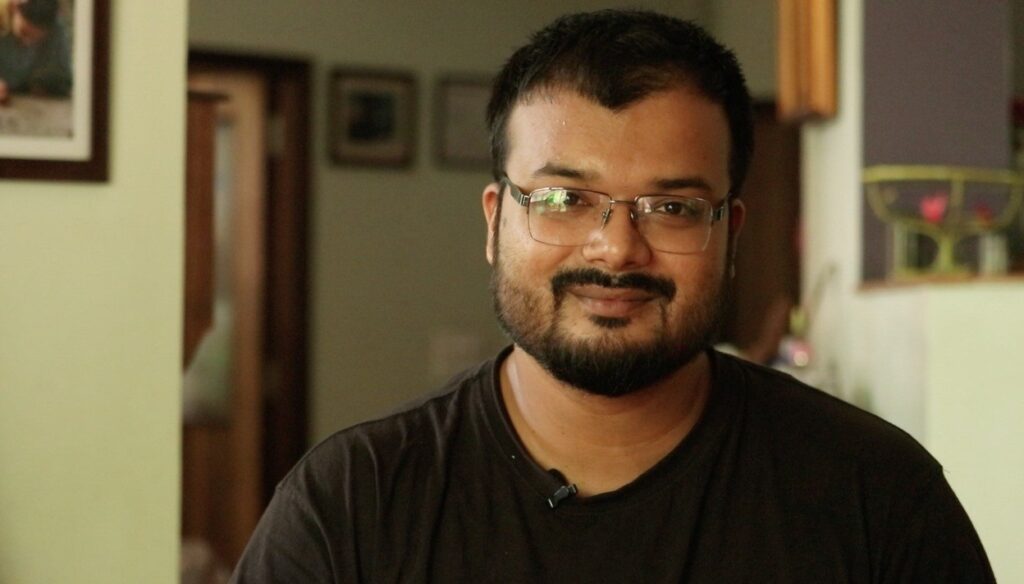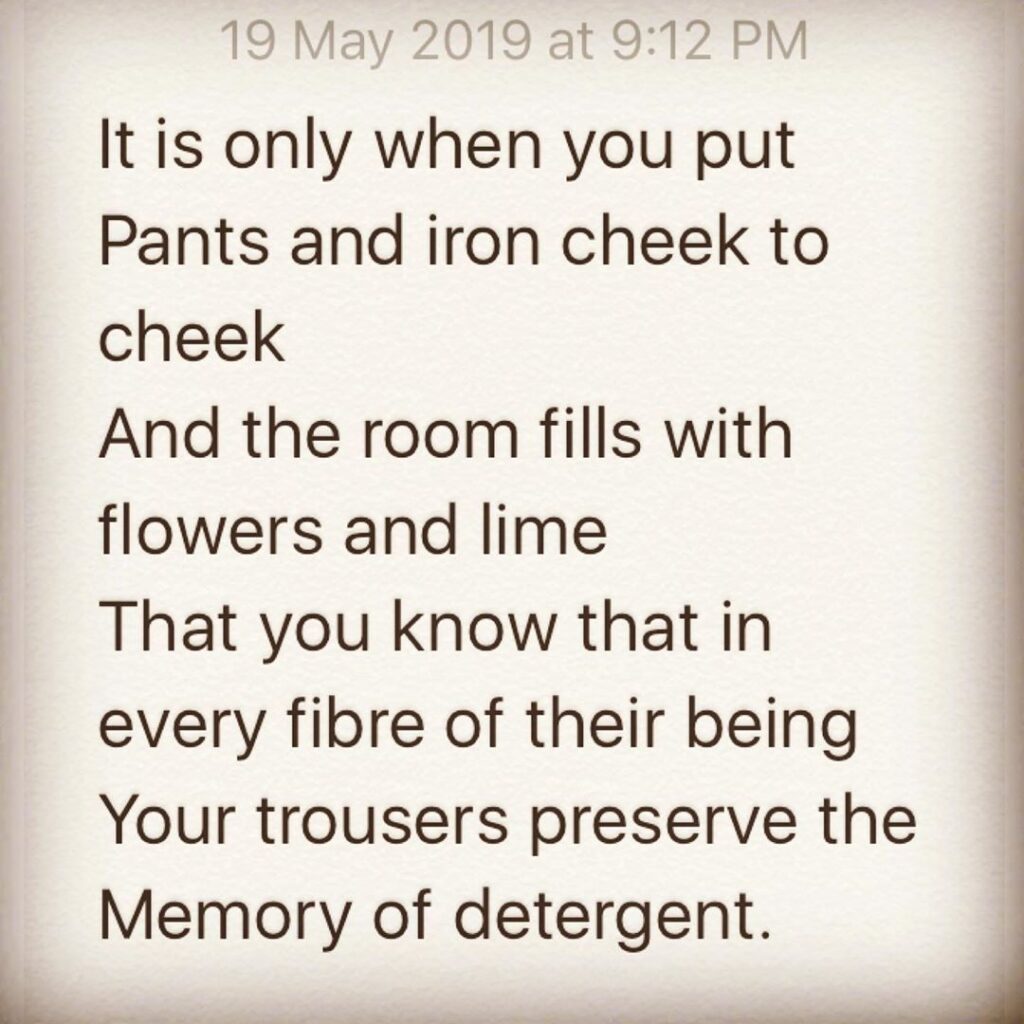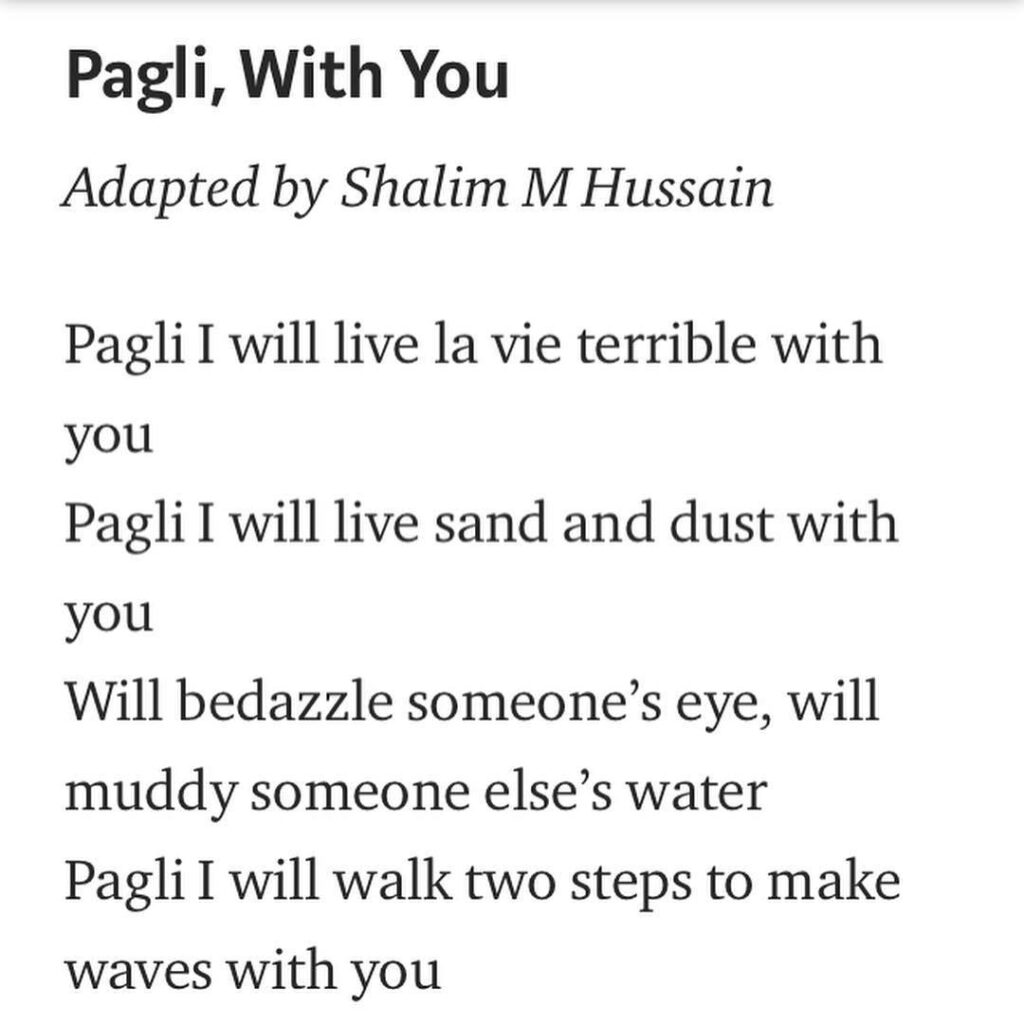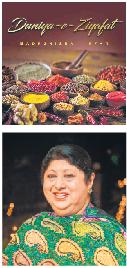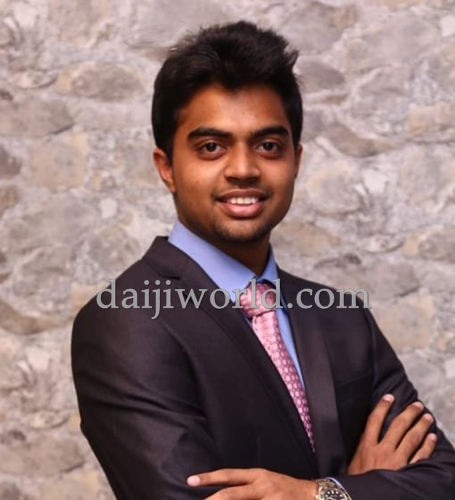BIHAR / Chapel Hill (North Carolina), U.S.A :

- According to key nominations for the Department of State announced by Biden, Uzra Zeya has been nominated to be Under Secretary for Civilian Security, Democracy, and Human Rights
An Indian-American diplomat Uzra Zeya, who had quit the foreign service in 2018 in protest against the policies of US President Donald Trump was nominated on Saturday to a key State Department position by President-elect Joe Biden.
According to key nominations for the Department of State announced by Biden, Uzra Zeya has been nominated to be Under Secretary for Civilian Security, Democracy, and Human Rights.
Sharing the news on Twitter, Uzra Zeya wrote, “In my 25+years as a diplomat, I learned that America’s greatest strength is the power of our example, diversity & democratic ideals. I will uphold & defend these values, if confirmed, as Under Secretary for Civilian Security, Democracy, and Human Rights.”
_________________
Uzra Zeya @UzraZeya
In my 25+years as a diplomat, I learned that America’s greatest strength is the power of our example, diversity & democratic ideals. I will uphold & defend these values, if confirmed, as Under Secretary for Civilian Security, Democracy, and Human Rights.

www.buildbackbetter.gov
___________________
Wendy R. Sherman has been nominated to be Deputy Secretary of State, Brian McKeon as Deputy Secretary for Management and Resources, Bonnie Jenkins to be Under Secretary for Arms Control and International Security Affairs and Victoria Nuland to be Under Secretary for Political Affairs.
“This diverse and accomplished team, led by Secretary of State-designate Tony Blinken, embodies my core belief that America is strongest when it works with our allies,” Biden said.
“Collectively, they have secured some of the most defining national security and diplomatic achievements in recent memory — and I am confident that they will use their diplomatic experience and skill to restore America’s global and moral leadership. America is back,” he said.
Uzra Zeya served most recently as CEO and President of the Alliance for Peacebuilding, where she drew on over two decades of diplomatic experience in Near East, South Asian, European, human rights, and multilateral affairs.
As Chargé d’Affaires and Deputy Chief of Mission at the U.S. Embassy in Paris from 2014 to 2017, she oversaw the day-to-day operations of the Embassy, six constituent posts, and 50 offices and agencies engaged in U.S. government work. She quit against Trump’s policies in September 2018.
“Up to now, Foggy Bottom’s upper echelons are looking whiter, more male and less like America,” Zeya wrote in Politico in September 2018 alleging that the State Department under the Trump Administration was facing racial and gender bias.
“In my own case, I hit the buzz saw that Team Trump wielded against career professionals after leading the US Embassy in Paris through three major terrorist attacks over three years and after planning President Trump’s Bastille Day visit,” she wrote.
She said that upon returning to Washington, she was blocked from a series of senior-level jobs with no explanation. “In two separate incidents, however, colleagues told me that a senior State official opposed candidates for leadership positions — myself and an African-American female officer — on the basis that we would not pass the ‘Breitbart test’,” she wrote in Politico.
From 2012 to 2014, Zeya served as Acting Assistant Secretary and Principal Deputy Assistant Secretary in the Bureau of Democracy, Human Rights, and Labour.
She joined the Foreign Service in 1990, serving in New Delhi, Muscat, Damascus, Cairo, and Kingston. From 2011 to 2012, she was Chief of Staff to the Deputy Secretary of State and helped shape the U.S. response to the Arab Spring and worked to deepen U.S. engagement with emerging powers.
Zeya has also served as Deputy Executive Secretary to the Secretary of State, Director of the Executive Secretariat Staff, and as UN General Assembly Coordinator.
She is a recipient of the Légion d’honneur, France’s highest civilian honour, a Presidential Rank Award, and 15 Superior Honour and Senior Performance Awards.
She is a graduate of the Georgetown University School of Foreign Service.
On the key State Department nominations announced by Biden, Vice President-elect Kamala Harris said, “This remarkable team of distinguished diplomats and seasoned leaders reflects the very best of our nation”.
Secretary of State-designate Tony Blinken said, “To meet this moment, we need a Department of State that looks like America, led by diverse women and men who will be unafraid to challenge the status quo.
“That is this team. America at its best still has a greater capacity than any other country on earth to mobilize others to meet the challenges of our time. These passionate, energetic, deeply experienced nominees will help keep our people and our country safe, secure, and prosperous”.
With agency inputs
source: http://www.livemint.com / Mint / Home> News> India / by Staff Writer / January 17th, 2021

